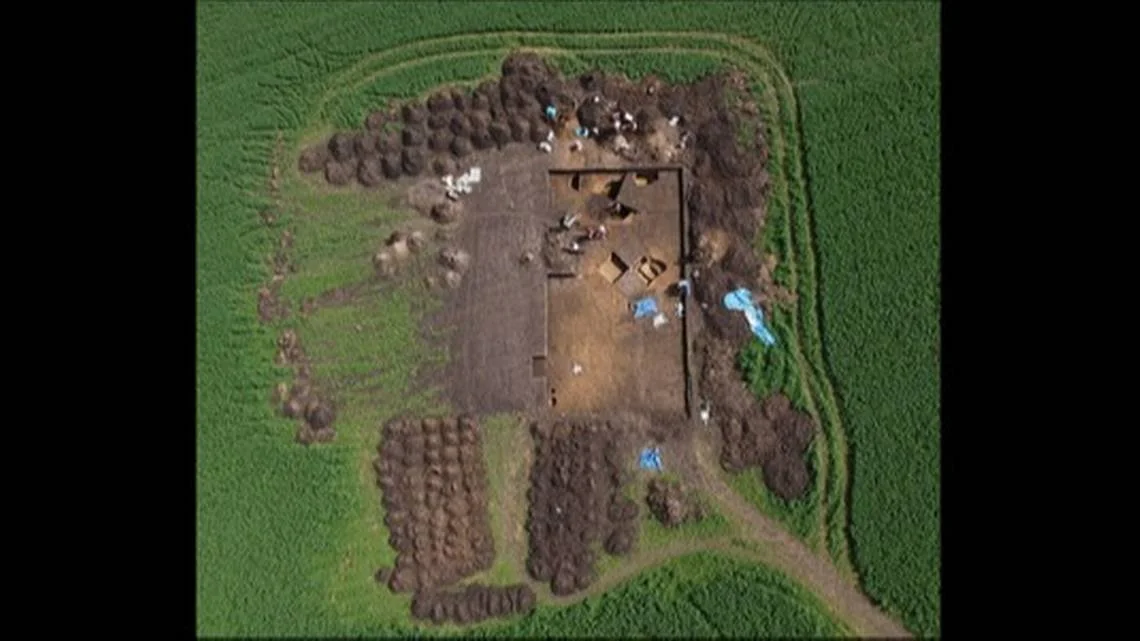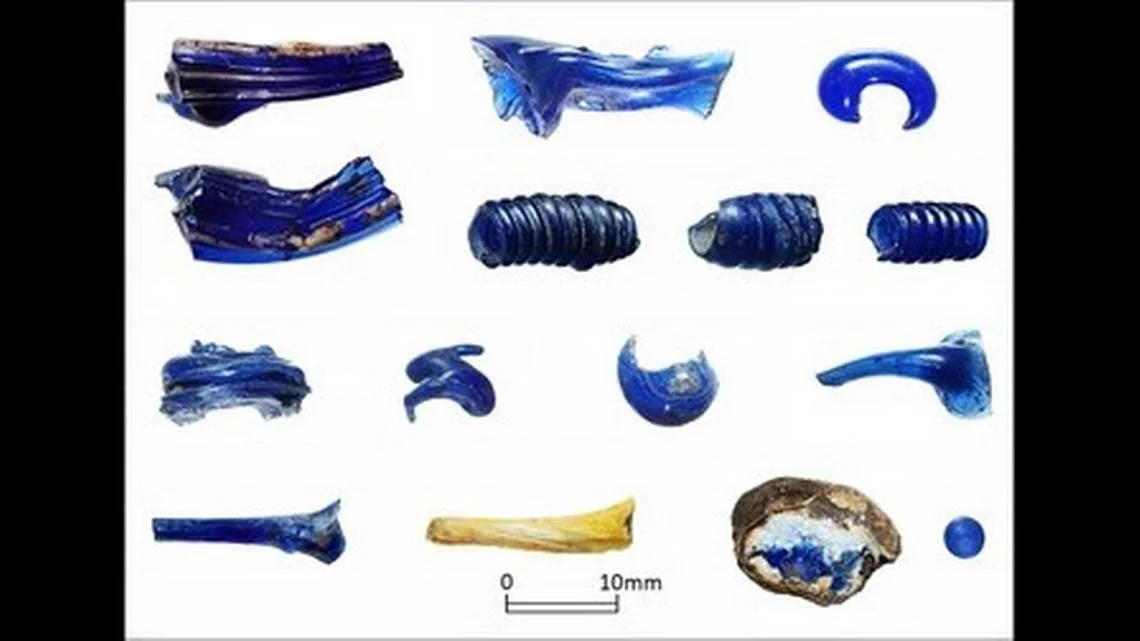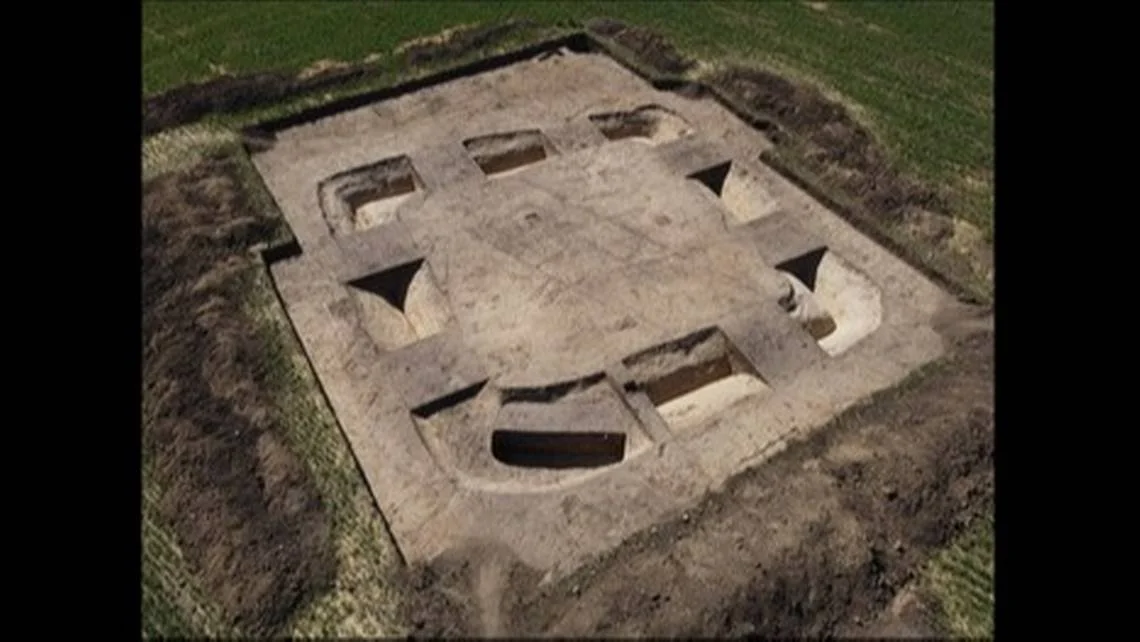Archaeologists have discovered new proof of ancient human life more than 20 years after the discovery of an Iron Age town in the Czech Republic.
Excavations at the Němčice site have been underway for several years, archaeologists said. I. Čižmář
According to a study released on June 29 2023, experts have now discovered an ancient glass workshop at the site of Němčice that dates to the La Tène age, specifically between approximately 250 B.C. and 150 B.C., sunken huts, and a potential ritualistic sanctuary.
Here is what was found.
Transalpine Europe's 'First and Oldest' Glass Workshop
Archaeologists reported constantly finding "semi-finished products and rejects of glass beads and production waste" in the same circular area during earlier investigations.
Although experts believed that this meant that the glass was being made on-site, a workshop has never before been shown to exist, according to the study.
Archaeologists said they will continue analyzing the glass pieces to learn more about production methods. I. Čižmář
According to the investigation, archaeologists discovered remnants of the machinery and manufacturing characteristics required for producing glass. These discoveries provided evidence of production at the settlement and provided information on the processes used.
More than 2,000 Celtic coins from the first and second century B.C. were discovered in earlier investigations using metal detectors. Along with a range of bronze objects, archaeologists also discovered glass beads and bracelets.
In Transalpine Europe, which includes portions of what is now France and Belgium, as well as Germany, the Netherlands, and Switzerland, experts claimed that the glass workshop is the oldest one ever discovered.
The square structure is similar to ritualistic sanctuaries found at comparable sites, experts said. I. Čižmář
A Possible ‘Sanctuary’
A square construction was also discovered by archaeologists there.
The investigation determined that similar discoveries at related sites were ritualistic locations. The putative "sanctuary" at Němčice, according to experts, presumably played a similar socio-cultic role, showing that the location acted as both a center for trade and industry and a place for religious ceremonies.
Experts claimed that the discovery of the workshop and the sanctuary attests to Němčice’s location in a vast network of Central European villages along the Amber Road, an old trade route connecting the Baltic coast to the Adriatic region.
The Czech Republic's eastern region, Moravia, contains Němčice.









